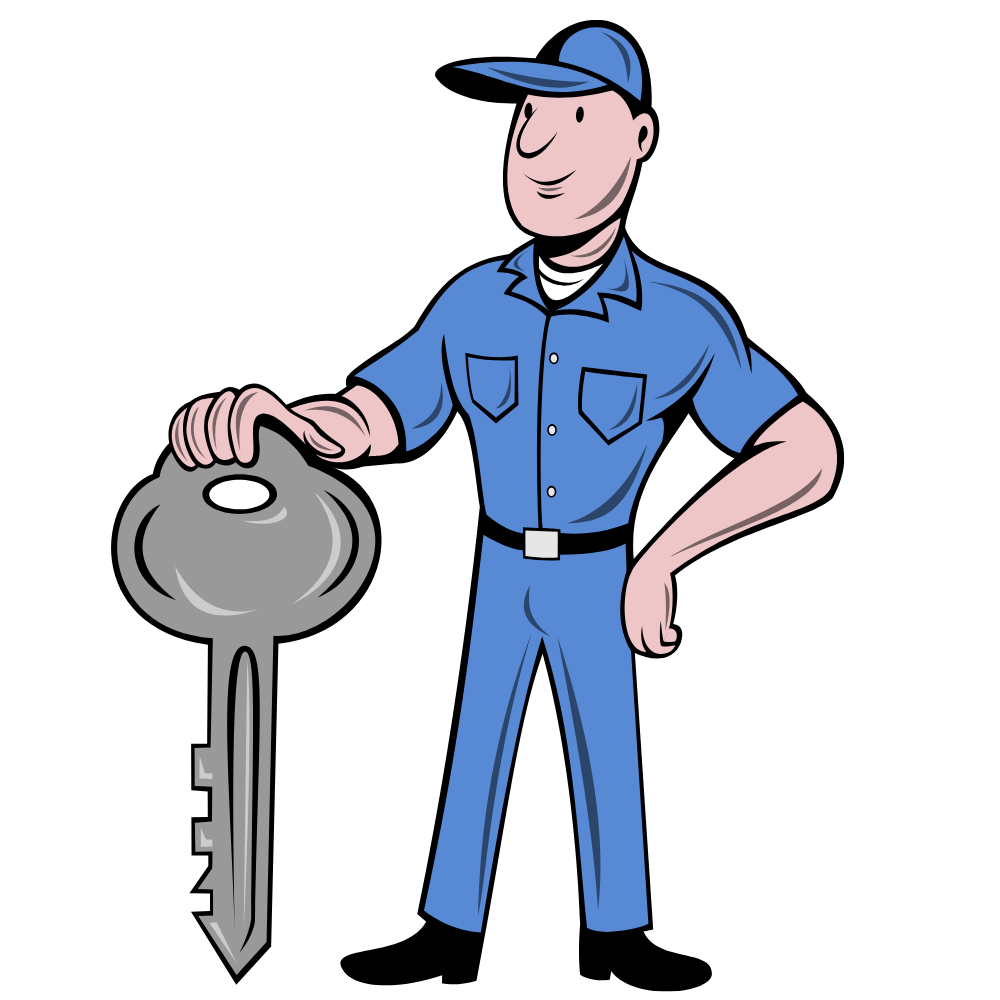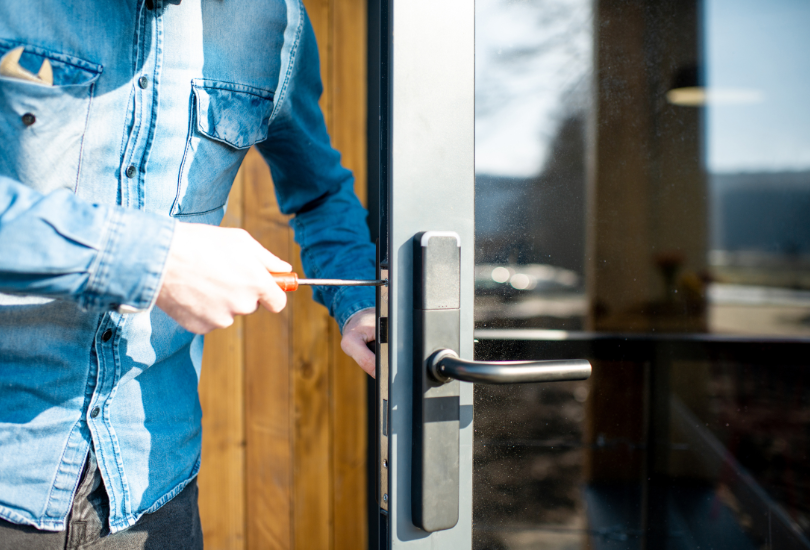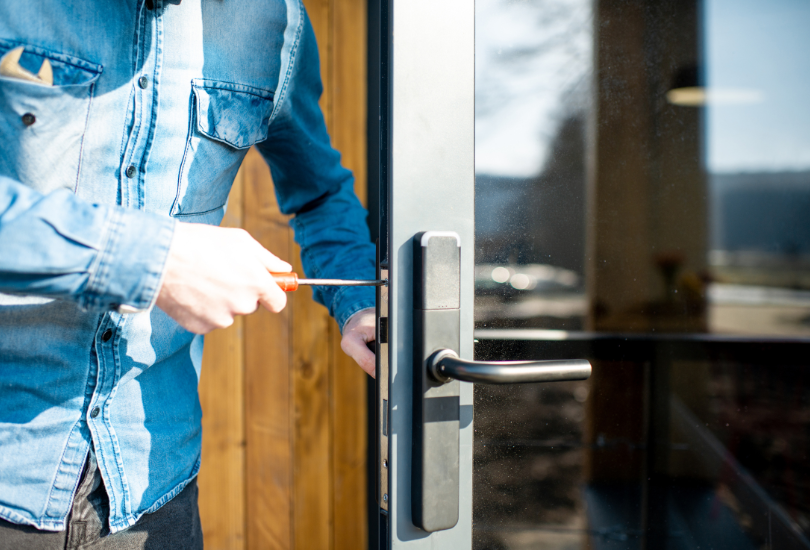Locksmiths play a vital role in ensuring the security and access control of our homes, businesses, and vehicles. However, the locksmith industry is not immune to fraudulent practices, and unsuspecting customers can fall victim to locksmith scams.
These scams often involve unscrupulous individuals or companies taking advantage of emergency situations or exploiting customers’ lack of knowledge about locksmith services. In this comprehensive guide, we will explore common locksmith scams, provide tips on how to avoid them, and empower you to make informed decisions when hiring a locksmith.
1. Research and Choose a Reputable Locksmith in Advance:
Do your research and identify reputable locksmiths in your area before you actually need their services. Look for established businesses with positive reviews and recommendations from trusted sources.
2. Verify Credentials and Licenses:
Always ask for proof of identification, credentials, and licenses when a locksmith arrives. Legitimate locksmiths are typically licensed and will provide identification associated with their company.
3. Get an Estimate in Writing:
Request a written estimate that includes a breakdown of costs before any work begins. Be cautious of locksmiths who provide vague or overly low estimates as they may add extra charges later.
4. Avoid Unusually Low Prices:
Beware of locksmiths who offer services at unusually low prices compared to other reputable locksmiths in your area. They may attempt to increase the price once they arrive or use substandard materials.
5. Trust Your Instincts:
If something feels off or suspicious during your interaction with a locksmith, trust your instincts and consider seeking an alternative locksmith service. Legitimate professionals prioritize customer satisfaction and transparency.
6. Be Wary of Non-local Locksmiths:
Scammers often advertise themselves as local locksmiths but operate from distant call centers. Verify the locksmith’s physical address and contact information before hiring their services.
7. Avoid Cash-Only Transactions:
Legitimate locksmiths accept various payment methods, including credit cards. Be cautious of locksmiths who insist on cash-only transactions, as this could indicate fraudulent practices.
8. Beware of Damage Claims and Unnecessary Repairs:
Some dishonest locksmiths may exaggerate the extent of damage or claim that additional repairs are required to increase the overall cost. Request explanations for any suggested repairs and seek a second opinion if necessary.
9. Keep Emergency Contact Information Handy:
In case of a lockout or emergency situation, keep the contact information of a trusted and reputable locksmith readily available. Avoid making hasty decisions during stressful situations.
10. Report Suspicious Practices:
If you encounter a locksmith engaged in fraudulent practices or suspect you have been a victim of a scam, report the incident to your local consumer protection agency and law enforcement authorities.
Conclusion: Staying vigilant and informed is key to avoiding locksmith scams. By following the tips mentioned above, you can significantly reduce the risk of falling victim to fraudulent locksmith practices. Take the time to research and choose a reputable locksmith in advance, verify credentials, and be cautious of unusually low prices or cash-only transactions. Trust your instincts and report any suspicious practices to protect yourself and others from locksmith scams. Contact Us: 0203 667 3601
FAQ
Q1. What should I do if I suspect I have been scammed by a locksmith?
A4. If you believe you have fallen victim to a locksmith scam, gather as much evidence as possible, such as receipts, photographs, and any communication records. Report the incident to your local consumer protection agency and file a complaint with law enforcement. Additionally, share your experience on review platforms and social media to warn others about the fraudulent locksmith.
Q2. Are all locksmiths who advertise as “24/7 emergency services” trustworthy?
A2. Not necessarily. While many legitimate locksmiths offer 24/7 emergency services, scammers may also use this claim to take advantage of vulnerable situations. It is important to verify the legitimacy of the locksmith by checking their credentials, reading reviews, and seeking recommendations before hiring their services.
Q3. How can I find reputable locksmiths in my area?
A3. To find reputable locksmiths, consider seeking recommendations from trusted friends, family, or neighbors. You can also check online directories, read customer reviews, and look for locksmith associations or certifications that indicate professionalism and adherence to ethical standards.











